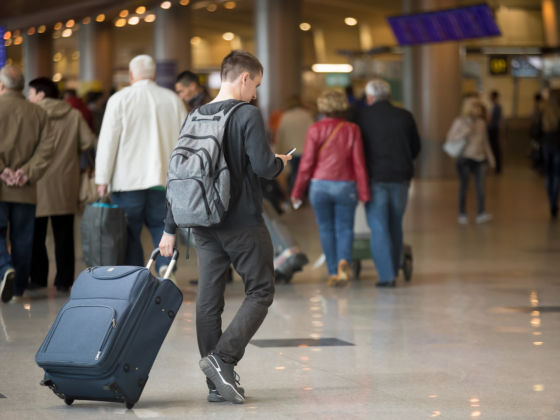Flying is never going to be perfect. Or, really, anywhere close. As long as there are summer storms and mysterious “toilet malfunctions” that somehow ground a plane for three hours, the air-travel experience won’t ever be optimal.
But, admittedly, it could be better.
Sure, there are some problems that are really not solvable. Weather happens. Planes break. But there is one simple thing the airlines could do to solve a great number of problems in one fell swoop: charging for carry-ons instead of checked bags.
Before you take to the comments and start blasting me for proposing such a terrible idea — hear me out. Follow my trail of logic and economics, and see why flipping the baggage policy is actually the best thing airlines can do for everyone.
